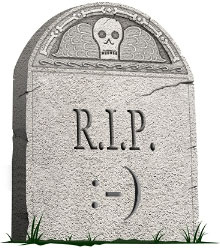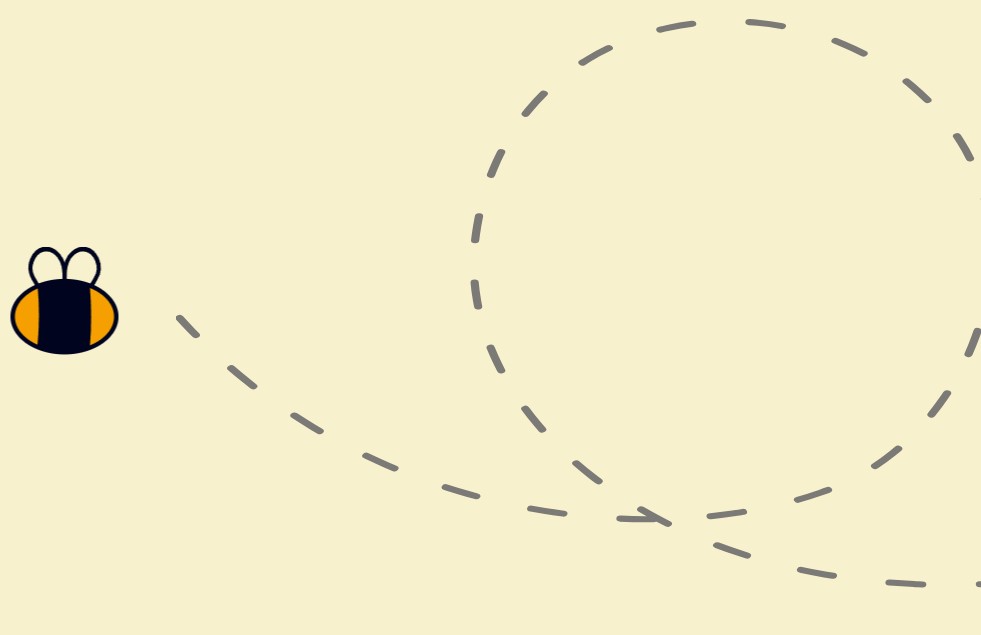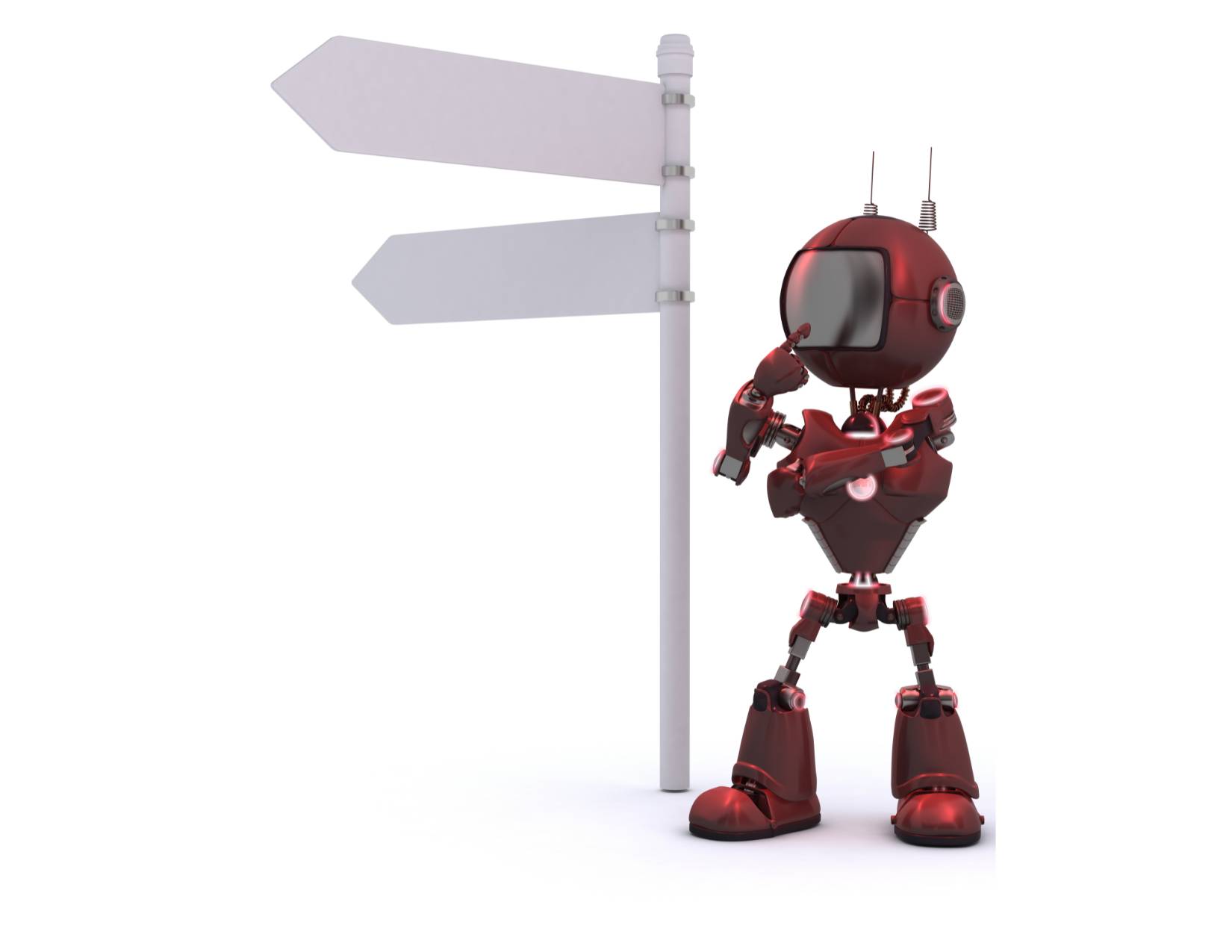I’m a virtual pack rat. Every personal email I receive is transferred into a categorized folder and never looked at again. There are thousands and thousands of emails, and like most pack rats, I can’t explain why I keep them. The emails wouldn’t ruin my life if made public, but they do contain a wealth of embarrassing personal information.
If I wanted someone else to know every thought my friends and I have had for the past 12 years, I’d print off my emails and stuff them under my mattress. But they’re password protected, so when I die, my inbox will die with me.
Or will it?
I’m a virtual pack rat. Every personal email I receive is transferred into a categorized folder and never looked at again. There are thousands and thousands of emails, and like most pack rats, I can’t explain why I keep them. The emails wouldn’t ruin my life if made public, but they do contain a wealth of embarrassing personal information.
If I wanted someone else to know every thought my friends and I have had for the past 12 years, I’d print off my emails and stuff them under my mattress. But they’re password protected, so when I die, my inbox will die with me.
Or will it?

Unfortunately, a person’s right to privacy ends after death, and that includes their digital existence. If I died, it’s possible that my entire Hotmail and Gmail accounts will be transferred onto a CD and given to the executor of my will. It’s a lengthy request that requires extensive documentation, but it’s possible.
Even Yahoo!, whose terms of service state that your account terminates upon your death (with legal exceptions) isn’t immune to this. A few years ago, the father of a US solider killed in action requested access to his son’s account. He wanted to know his son’s movements and thoughts in Iraq, feeling it would give him closure. After a lengthy legal battle, Yahoo! gave the father a CD with more than 10,000 pages of material.
What bothers me the most is that the family received ALL incoming and outgoing messages, not only the ones sent specifically to them. What business do they have reading emails that contain personal information about people they might not even know? I’m aware that emails should never be considered 100% private, regardless of the situation, but don’t hand them out if it’s not necessary.
Facebook is a bit more respectful. When you die, your family can either delete your account or memorialize it, which means that only confirmed friends can see the profile and write remembrance posts on the wall. If Twitter is notified that a user has passed away, they can remove the account or give family members a backup of their public Tweets.
People’s lives have become so digital that it’s possible to sign up for an “online will.” Services like Legacy Locker, Entrustlet and MyWebWill allow you transfer your digital assets to trusted sources, who will then carry out your digital wishes. Basically, you store your passwords on their website, and once you die, your chosen friends gain access to them.
This made me curious as to whether actual lawyers ever hear about digital assets. I emailed a few local lawyers and their results were unanimous: they’ve never prepared wills containing online information, and none of them knew that these online services existed. They said that when people make a will, they’re thinking of things that have a tangible value, and that doesn’t include email or other online accounts. If the real executor of the will had the passwords, they would have the authority, by law, to deal with these accounts, especially those that have a monetary value, such as PayPal or online gambling sites.
The best piece of information they gave me? If you’re worried about your online accounts, put the information in a safe place so the executor of your will can easily deal with it. To avoid any legal hassle with online wills vs real wills, I would make a special email account containing all the necessary information then give the password to my lawyer. That way, my executor can destroy my accounts and nobody will ever read the love letter I wrote to Taylor Hanson.







